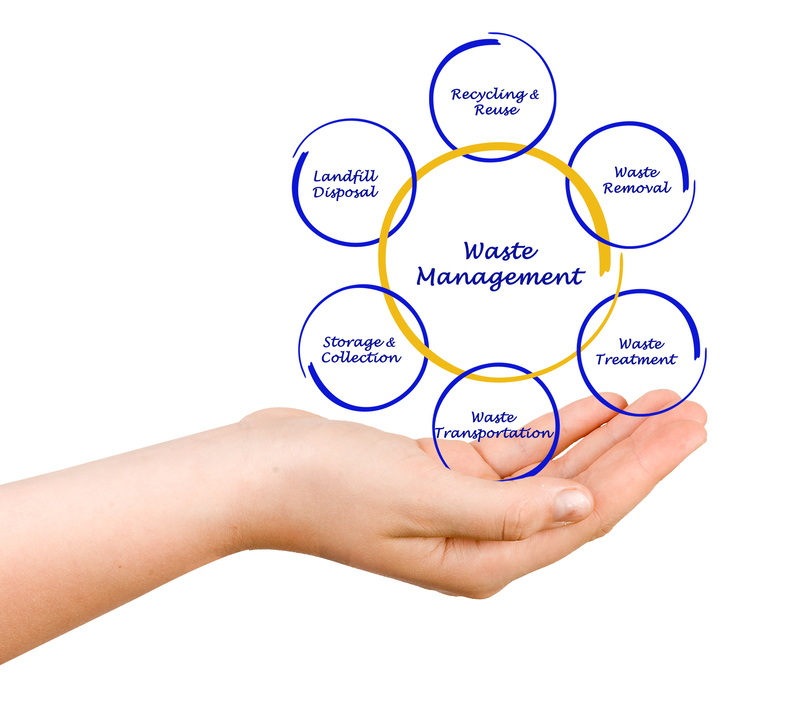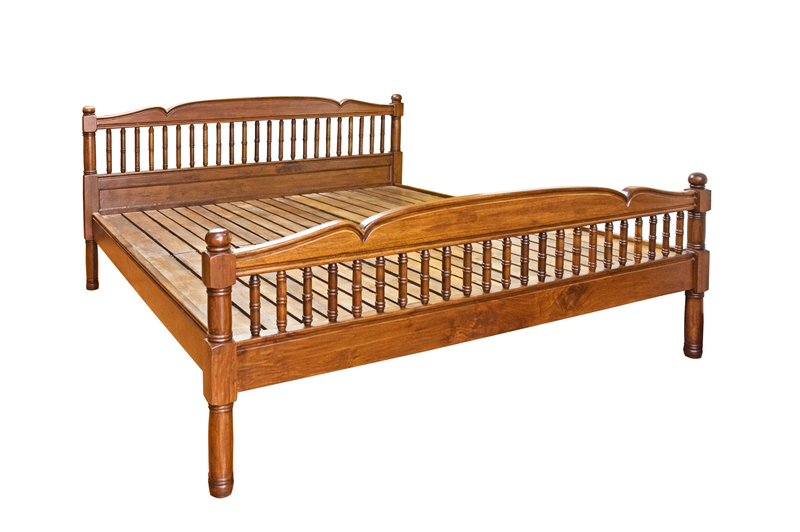The Power of Minimalism in Easing Daily Stress
Modern life is filled with constant demands, overwhelming choices, and a barrage of information. More people are turning to minimalism not just as an aesthetic or design choice, but as a lifestyle. Embracing the power of minimalism in easing daily stress has transformed countless lives by providing clarity, peace, and purpose in today's chaotic world.

What Is Minimalism?
At its core, minimalism is about intentionally focusing on what truly matters.
- Material Minimalism: Cutting excess physical belongings.
- Mental Minimalism: Reducing mental noise and unnecessary obligations.
- Digital Minimalism: Limiting screen time and digital clutter.
Minimalism stems from the philosophy that less is more--that quality and purpose outshine quantity and abundance. This approach is pivotal in reducing daily stress because it removes distractions, allowing you to focus on what brings value and joy.
Why Does Daily Stress Accumulate?
In today's always-on culture, stress builds up quickly. Multiple emails, buzzing smartphones, packed schedules, and cluttered spaces send our minds into overdrive. According to the American Institute of Stress, 77% of people experience physical symptoms caused by stress. But why does this happen?
- Decision Fatigue: Too many choices can exhaust our mental energy.
- Visual Clutter: A messy environment increases anxiety and decreases productivity.
- Information Overload: Constant notifications and news updates overwhelm the brain.
- Social Pressure: The drive to keep up with trends, jobs, or lifestyles exacerbates stress.
The solution lies in cutting back, simplifying, and eliminating the unnecessary.
Minimalism as a Stress-Reduction Tool
Minimalism eases daily stress by transforming the way we interact with our surroundings and ourselves. Here's how:
1. Creating Calm, Inviting Spaces
Our environment affects our mood and mental state. A decluttered home or workspace can dramatically reduce anxiety.
- Fewer possessions mean less to clean, maintain, and organize.
- Open spaces foster a sense of calm and allow for mental breathing room.
A minimalist room, decorated with intention, can be a sanctuary from the chaos of daily life.
2. Reducing Decision Fatigue
Daily routines are packed with choices--from what to wear to what to have for lunch. Minimalism encourages narrowing choices to essentials, which saves mental energy for more important decisions.
- Capsule wardrobes with dependable, versatile outfits eliminate outfit stress.
- Simple meal plans or repetitive breakfasts reduce time spent on trivial choices.
By standardizing routines, you can focus on purposeful, value-driven decisions instead of being bogged down by daily trivialities.
3. Taming Digital Overload
In our digital era, screens are a major source of daily tension. Digital minimalism--curating your online life--can be transformative.
- Unsubscribe from junk emails and unnecessary notifications.
- Limit social media scrolling to dedicated times.
- Organize device folders and only keep essential apps.
- Keep your desktop and phone home screens uncluttered.
Focusing your digital attention improves productivity and elevates your mood.
4. Prioritizing Quality Over Quantity
Minimalism is about choosing fewer, better things. Whether in friendships, hobbies, or possessions, this mindset shifts you away from trying to "have it all."
- Investing in durable, meaningful items reduces maintenance and clutter.
- Nurturing a handful of close relationships creates deeper support and connection.
- Focusing on one or two passions avoids overextension and burnout.
Intentional living brings satisfaction and a sense of control, which naturally alleviates stress.
5. The Psychological Benefits of Letting Go
Letting go of surplus items and commitments is liberating. Clean spaces increase feelings of competence and energy, while letting go emotionally declutters the mind.
- Donating unused items creates a sense of generosity and freedom.
- Decluttering to-do lists by eliminating unnecessary tasks and obligations.
- Letting go of perfectionism and external expectations.
Minimalism Tactics to Start Easing Your Daily Stress
Ready to experience the stress-relieving power of minimalism? Here are practical, actionable steps:
Start Small: One Space at a Time
- Pick a single drawer, shelf, or surface to clear out.
- Ask: Do I use or love this item? If not, donate or recycle it.
- Celebrate small wins--stress relief comes with every bit of progress.
Simplify Your Schedule
- Review your calendar and remove or delegate unnecessary obligations.
- Block out "white space" for relaxation and creativity.
- Practice saying "no" to commitments that don't align with your values.
Streamline Digital Consumption
- Go on a "social media diet"--limit apps or platforms to what brings joy.
- Unsubscribe from newsletters and podcasts that you don't regularly enjoy.
- Turn off notifications wherever possible.
Adopt Mindful Shopping Habits
- Before buying something new, pause to consider: Will it truly add value?
- Follow a one-in, one-out rule for clothing or household items.
- Prioritize experiences over possessions whenever possible.
Create Personal Rituals
- Build a morning or evening ritual that centers you, such as journaling or meditation.
- Use moments of silence, music, or nature to reset throughout your day.
- Practice gratitude for what you already have, rather than seeking more.
Scientific Backing: Why Minimalism Works for Stress
Numerous scientific studies support the stress-relieving benefits of a minimalist lifestyle. Clutter has been linked to increased cortisol levels--the primary stress hormone--and lower satisfaction with life.
- UCLA's Center on Everyday Lives and Families found that mothers with cluttered homes had heightened stress and depressed mood.
- A Princeton study showed that individuals in organized spaces were better able to focus and process information.
By choosing minimalism, you are scientifically setting yourself up for calmer, more productive, and happier days.
Minimalism Variations: Find What Suits You
There is no one-size-fits-all minimalist approach. The beauty of minimalism lies in customizing it to your own life and stressors.
- KonMari Method: Focuses on what "sparks joy."
- Swedish Death Cleaning: Encourages you to pare down possessions with legacy in mind.
- Essentialism: Prioritizes "less but better" in all areas, including work and relationships.
- Zero Waste Minimalism: Combines eco-consciousness with a minimalist mindset.
Experiment with these approaches until you discover what best eases your own daily stress.
Common Questions About Minimalism and Stress Reduction
Is minimalism just about owning less stuff?
No. While minimalism often starts with decluttering physical items, it extends to mental, digital, social, and emotional realms. The true goal is to free yourself from excess--whatever form it takes--to reduce stress and make room for meaning.
Will I have to give up everything I love?
Absolutely not! In fact, minimalism is about making more space for what matters most. By removing the unimportant, you can spend time, money, and energy on what you value most--be it people, passions, or personal growth.
How quickly will I notice reduced stress?
Many people feel immediate relief from even minor decluttering or digital simplification efforts. The more you embrace minimalism as a habit, the greater and more lasting the benefits for your stress levels.

Long-Term Rewards of Minimalism for Stress Management
As you practice minimalism to ease daily stress, you'll notice ongoing, lifelong advantages:
- Clarity & Focus: Eliminating clutter in every area brings sharper concentration and clearer goals.
- Improved Relationships: Less stuff and distraction mean more time for meaningful connections.
- Financial Freedom: With fewer purchases, savings grow, inspiring a stress-free relationship with money.
- Emotional Resilience: Letting go of perfectionism and social pressures builds inner strength.
- Personal Fulfillment: Living in alignment with your values is intrinsically rewarding and grounding.
Final Thoughts: Harnessing Minimalism's Power to Reduce Stress
The power of minimalism for reducing daily stress cannot be overstated. By simplifying your surroundings, schedule, and mental state, you reclaim your time, energy, and well-being.
Minimalism is not about deprivation--it's about liberation. Liberation from clutter, needless obligations, constant digital interruptions, and the weight of comparison. Whether you start in your closet, your inbox, or your calendar, each intentional step will help you unburden your mind and find calm in a busy world.
Try minimalism for yourself--and discover how powerful simple living can be for easing daily stress.